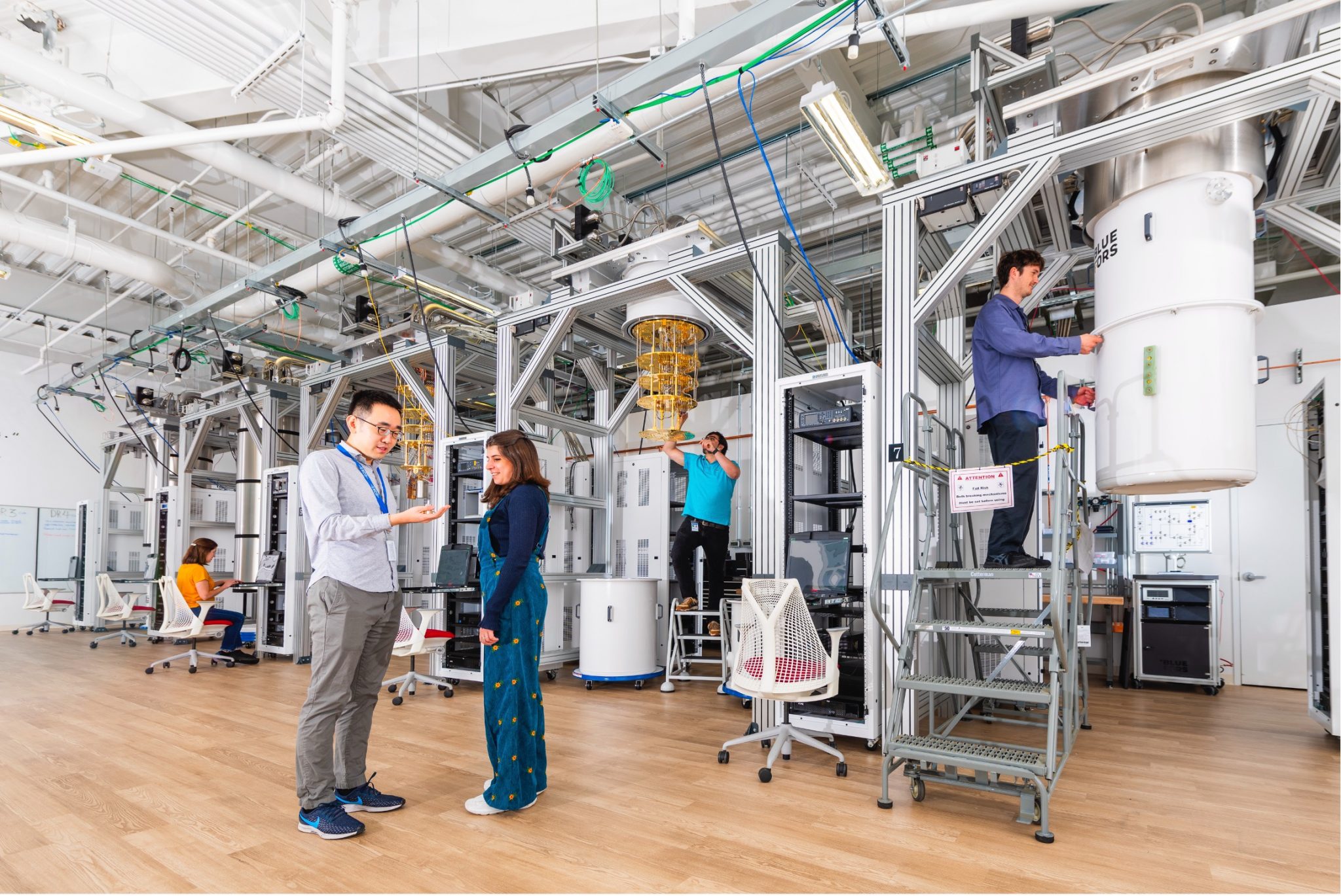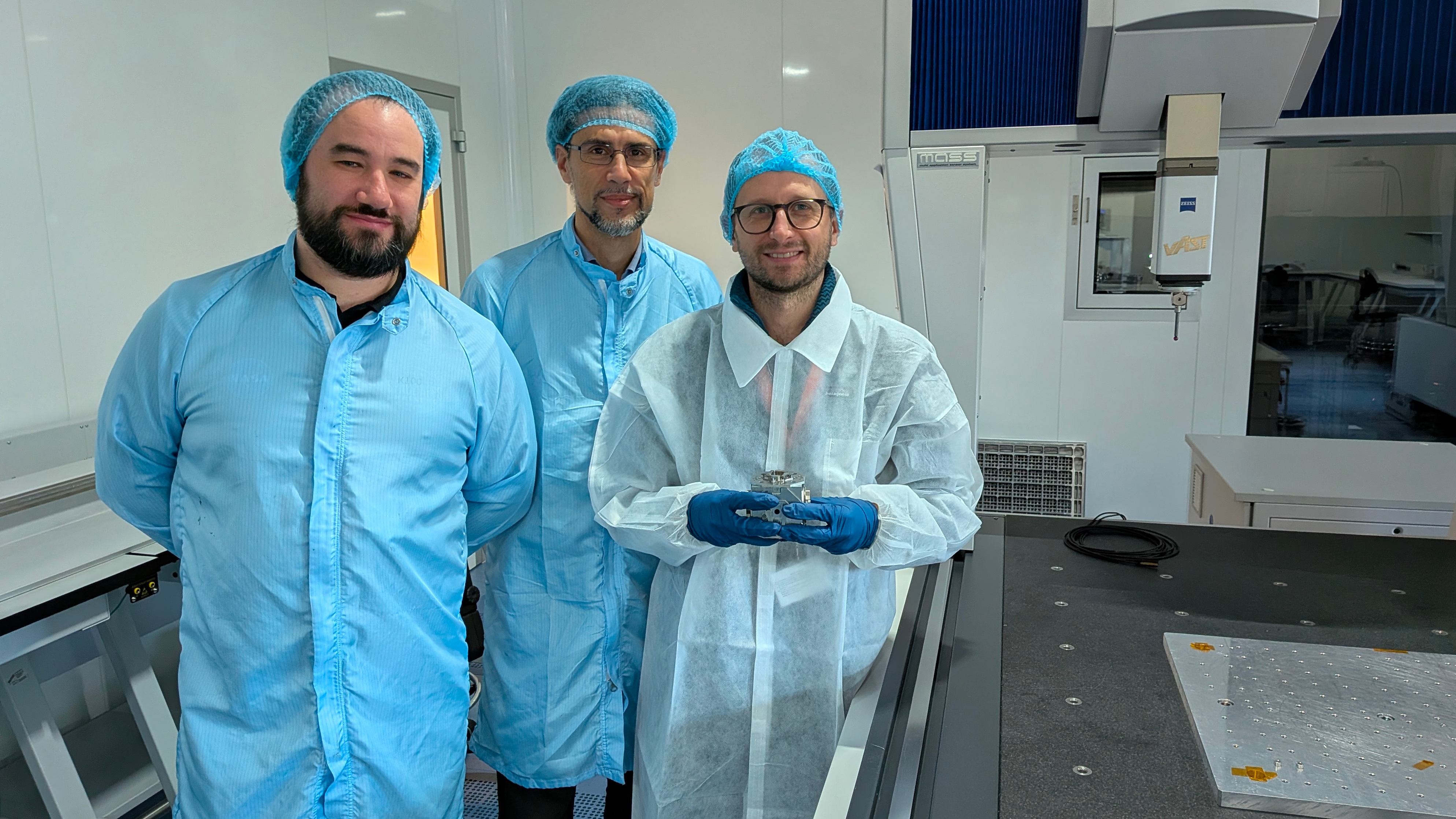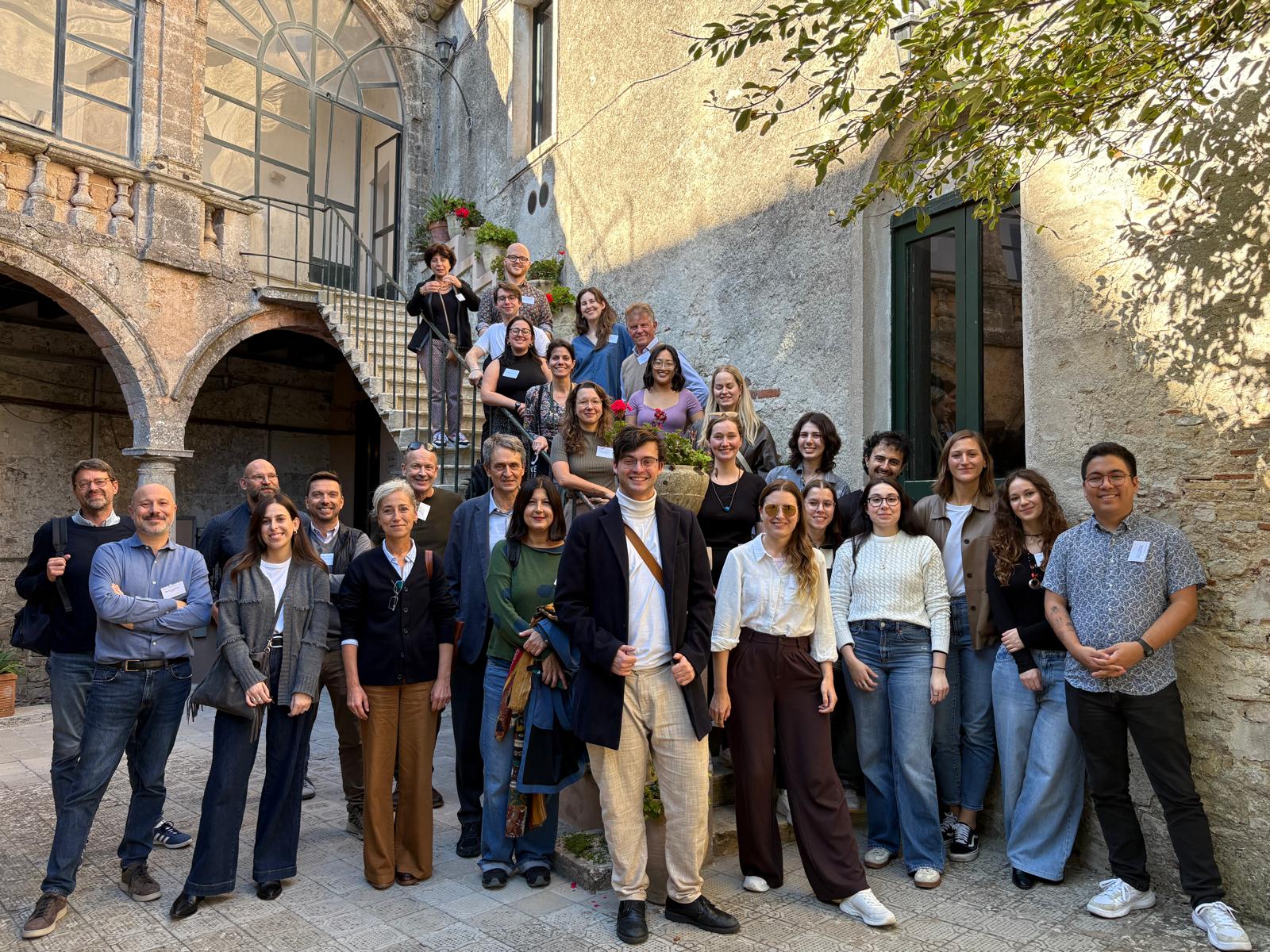
Protons are responsible for the most energetic component of the heart of neutron stars. The study, published on August 13 in the scientific journal Nature, was obtained in laboratory thanks to the observations of the CLAS experiment at the CEBAF accelerator of the Jefferson Lab, in the United States, with the contribution of the INFN researchers. The CLAS experiment uses high energy electrons (5 GeV, billions of electron volts) to target different nuclei, such as carbon, iron and lead nuclei, with increasing number of nucleons and neutron-proton asymmetry. In the experiment, it has been possible to select for the first time the events in which a neutron and a proton were simultaneously detected both of high impulse, and therefore coming from interacting proton-neutron pairs. These observations showed that the percentage of high-pulse protons increases with the density of neutrons and, consequently, the average kinetic energy of the neutrons decreases in neutron-rich nuclei in favour of the energy brought by the protons. The results are relevant for the understanding of those extreme astrophysical systems, such as neutron stars, in which the number of protons, even if it is a minority, proves to be responsible for the most energetic part of it.





